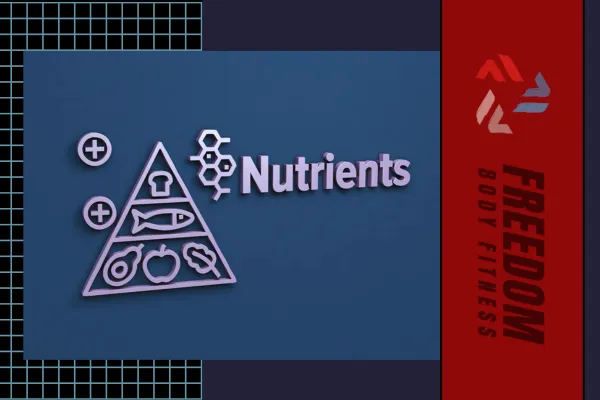
Unlocking the Basics of Nutritious Eating for a Healthier Lifestyle
Eating nutritiously can seem straightforward, yet our habits, preferences, and the discipline required can make it challenging. It's important to remember that there's no one-size-fits-all diet; the best approach is the one you can maintain consistently. As one of my coaches wisely said, "The best diet is the one you’re going to stick with." However, there are some fundamental principles that can help you eat nutritiously and manage your weight effectively.
1. Eat Food in Its Most Natural State

Aim to consume foods that are as close to their natural state as possible. These are foods that come from nature—foods that are single ingredients rather than products made up of multiple ingredients. Examples include:
Fruits and vegetables (e.g., apples, carrots)
Whole grains (e.g., brown rice, quinoa)
Unprocessed meats (e.g., chicken breast, fish)
2. Avoid Highly Processed Foods

Processed foods often contain many ingredients, including additives and preservatives that you might not recognize. When you read a food label and see a long list of unfamiliar ingredients, it's a sign that the product is highly processed. These foods can be less nutritious and may contribute to weight gain and other health issues.
3. Embrace Clean Eating

Clean eating emphasizes consuming whole, natural foods. However, be cautious of marketing tactics that label processed foods as "clean." Developing the skill to read and understand food labels is crucial. Look for:
Minimal ingredients
No added sugars or artificial ingredients
Whole, unprocessed foods
4. Understand Calories

Calories are a measure of energy. For weight management, the principle of "calories in versus calories out" is fundamental. However, the source of these calories matters:
Nutrient-dense foods (e.g., vegetables, lean meats, whole grains) provide essential vitamins, minerals, and other nutrients.
Empty-calorie foods (e.g., sugary snacks, sodas) provide energy but little to no nutritional value.
For example, 1500 calories from a balanced meal of chicken, green beans, and sweet potatoes will nourish your body more effectively than 1500 calories from cookies.
5. Learn About Macronutrients

Macronutrients—proteins, carbohydrates, and fats—are essential for our body's functions. Here's a brief overview:
Carbohydrates: The primary energy source for your body. They break down into glucose, which fuels your brain and muscles. Each gram of Carbohydrate provides 4 calories.
Proteins: Essential for building and repairing tissues. They break down into amino acids, the building blocks of muscle and other tissues. Each gram of protein provides 4 calories.
Fats: Necessary for hormone production, nutrient absorption, and providing long-lasting energy. Each gram of fat provides 9 calories.
Understanding the role of each macronutrient helps you make balanced food choices. Using a food tracking app can assist you in monitoring your intake and ensuring you get the right balance.
6. Balance Your Macronutrient Intake

A balanced diet typically includes:
40-60% carbohydrates
20-30% protein
20-30% fats
These ratios can vary based on individual health goals and dietary needs. Consulting with a nutritionist can help tailor these recommendations to your personal needs.
Summary
To sum up, focus on eating whole, natural foods, understand the importance of both the quantity and quality of calories, and learn about macronutrients. By mastering these basics, you’ll be on your way to a healthier, more nutritious lifestyle.
